| IN A NUTSHELL |
|
In recent times, geopolitical tensions have escalated significantly in Europe, with the Russian government’s aggressive maneuvers drawing international attention. The latest incident involving Russian drones over Poland highlights a strategy that may challenge the very foundation of NATO. By testing the alliance’s strength and probing the limits of U.S. involvement, Russia aims to exploit potential weaknesses within the transatlantic partnership. As these developments unfold, the impact on international relations and the future of NATO remains uncertain, forcing Europe to evaluate its security dependencies on the United States.
Russia’s Shadow War Strategy
Russia’s approach to international conflict is not new, but its current strategy—a “shadow war” against NATO members—has taken on an alarming intensity. This campaign, as described by the Center for European Policy Analysis, involves coordinated attacks designed to elevate the risks and costs for countries supporting Ukraine. Russian President Vladimir Putin’s primary objective is to force Ukraine into submission. However, a more ambitious goal looms: the destabilization or even collapse of NATO.
The drone incident in Poland on September 10th represents a significant escalation in this ongoing strategy. The lack of response from the Trump administration to these provocations has emboldened Putin. This non-reaction has encouraged the Kremlin to push boundaries further, testing the resilience and response mechanisms of the United States and its allies. By blatantly violating Polish airspace, Russia has brought the issue of U.S. security commitments to the forefront, challenging the transatlantic alliance’s cohesion.
Testing U.S. Security Commitments
The United States’ engagement in European security has long been a cornerstone of NATO’s strength. Recent events, however, have cast doubt on this commitment. The Trump administration’s response to Russian aggression—or the lack thereof—has raised questions about the reliability of U.S. support in times of crisis. While the administration has suggested that Europe should bolster its own defenses, this stance betrays a shift in policy that has left many European nations feeling vulnerable.
The attack in Poland is not an isolated incident. It fits into a broader pattern of Russian provocations, including the sabotage of critical infrastructure and other covert actions. These acts have tested the transatlantic alliance’s ability to respond to hybrid threats that do not fall neatly into traditional warfare categories. As the façade of transatlantic courtesy crumbles, both America and Europe must confront a new, uncomfortable reality: the strategic landscape has irrevocably changed.
The Erosion of Transatlantic Relations
The current geopolitical climate has strained relations between the United States and Europe. With the Trump administration hinting at significant troop withdrawals and the cancellation of defense training programs, the longstanding partnership faces unprecedented challenges. The symbolic weight of these actions cannot be underestimated. They signal a potential pivot in American foreign policy, one that prioritizes domestic concerns over international obligations.
Historically, the transatlantic alliance has been a stabilizing force in global affairs. However, recent developments suggest a weakening of this bond. The attack in Poland underscores the risks associated with such a shift. If the United States were to step back from its commitments, European nations might be compelled to reconsider their own security strategies. This scenario could lead to greater regional instability, as individual countries scramble to fill the vacuum left by a retreating superpower.
NATO’s Fragile Future
The ongoing war in Ukraine and Russia’s aggressive posturing have exposed vulnerabilities within NATO. The alliance’s ability to respond effectively has been hampered by internal divisions and a perceived lack of leadership from the United States. As Putin capitalizes on these weaknesses, the risk of further escalation looms large. A fragmented NATO could embolden Russia to pursue more aggressive actions, not just in Ukraine, but across Europe.
With the United States seemingly distancing itself from European affairs, NATO must navigate an uncertain future. The alliance’s credibility hinges on its ability to present a unified front against external threats. However, achieving this unity requires addressing the underlying issues that have weakened its foundations. As the world watches, the question remains: can NATO adapt and overcome these challenges to remain a relevant force in global security?
As Europe grapples with the implications of U.S. policy shifts and Russian aggression, the continent stands at a crossroads. The choices made in the coming months will have far-reaching consequences for international security and diplomacy. As the transatlantic alliance confronts these challenges, one pressing question emerges: How will Europe redefine its security strategy in an era of evolving threats and shifting alliances?
Did you like it? 4.5/5 (30)

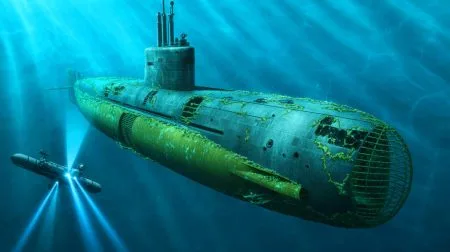


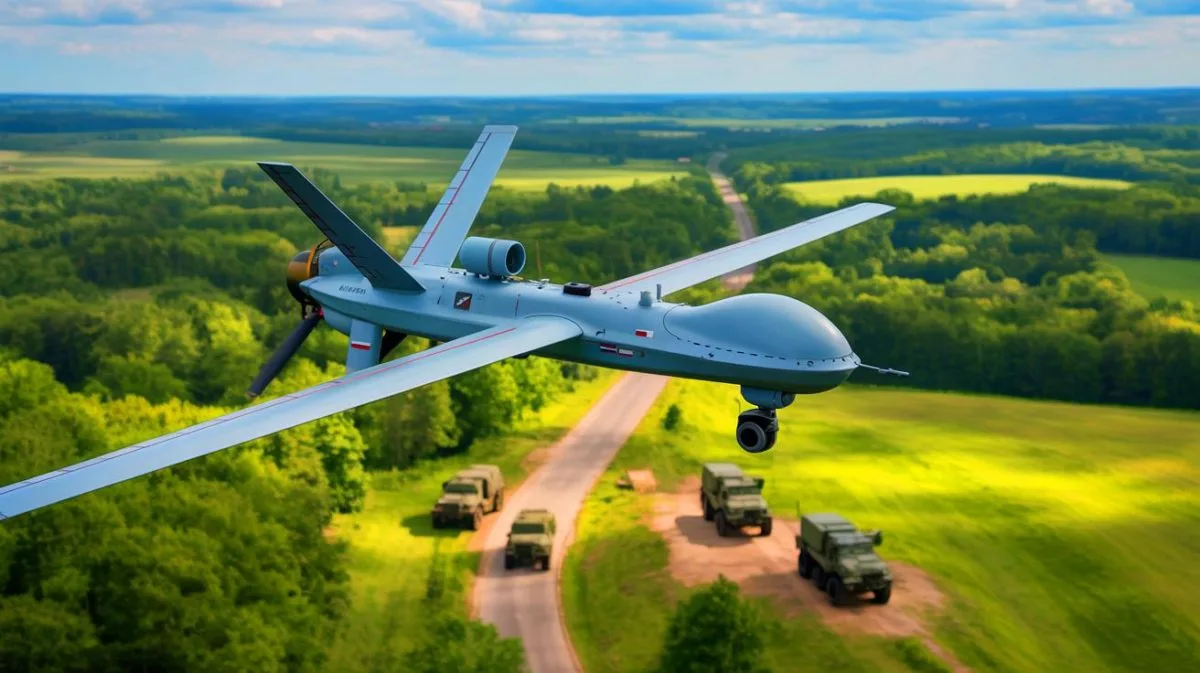
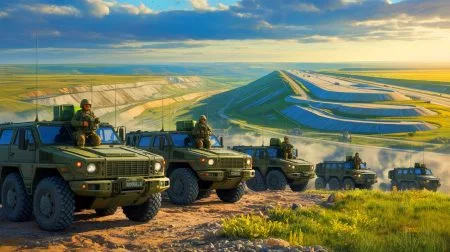
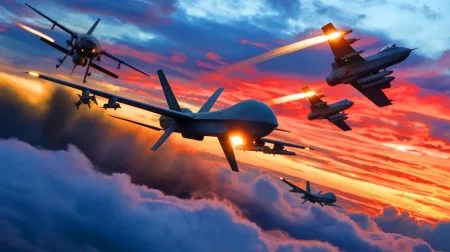
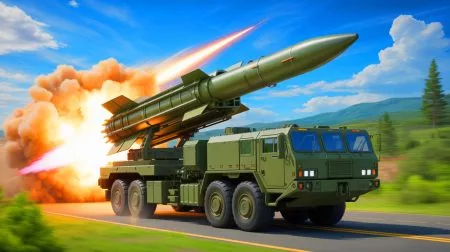
Ist es wirklich wahr, dass die USA nichts unternehmen? 🤔
Wow, das klingt wirklich beunruhigend! Warum reagiert die USA nicht stärker auf diese Provokationen? 🤔
Ist das wirklich ein Beweis dafür, dass die USA ihre NATO-Verbündeten im Stich lassen? Oder gibt es andere Gründe für die Zurückhaltung?
Ich mache mir Sorgen um die Sicherheit in Europa. Was bedeutet das für die Zukunft von NATO?
Ich kann nicht glauben, dass wir in so einer Situation sind! Hat jemand eine Idee, wie Europa darauf reagieren sollte?
Trump sollte sich schämen. Hat er vergessen, was NATO für die globale Sicherheit bedeutet?
Ohne die Unterstützung der USA könnte Europa in großen Schwierigkeiten stecken. Zeit, eigene Verteidigung aufzubauen?
Ich frage mich, wie die EU ohne die USA in der Verteidigung stark bleiben kann. 🤷♂️
Könnte dies der Beginn eines neuen Kalten Krieges sein?
Bitte sagt mir, dass das nicht der Anfang eines neuen Kalten Krieges ist! 😟
Macht Trump das wirklich, um Amerika zuerst zu setzen, oder gibt es einen tieferen Plan?
Die geopolitischen Spannungen nehmen zu. Sollte die EU mehr in ihre eigene Sicherheit investieren?
Was denkt ihr, wie wird sich das auf die Beziehungen zwischen Polen und Russland auswirken?